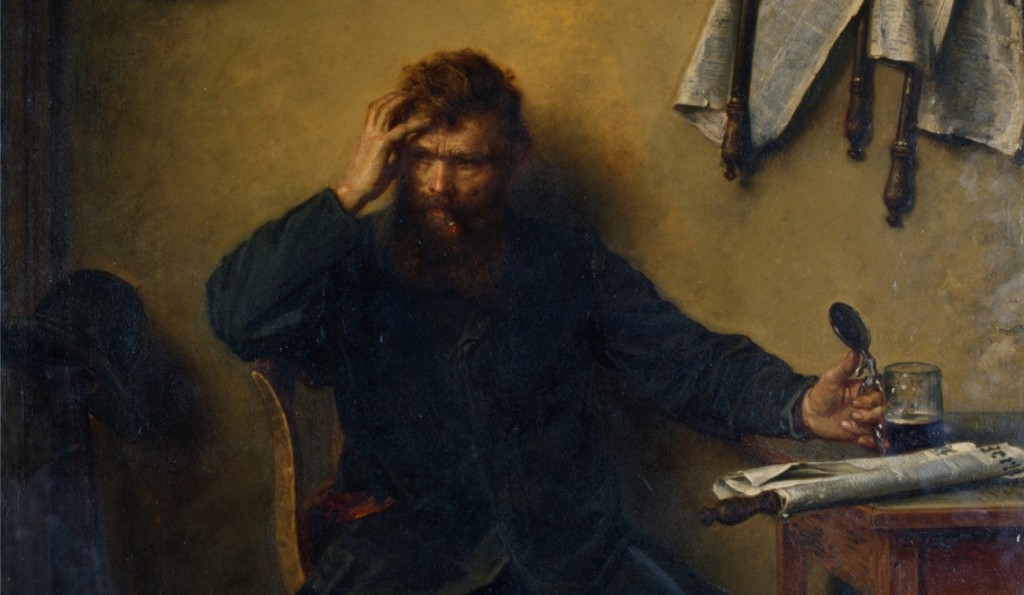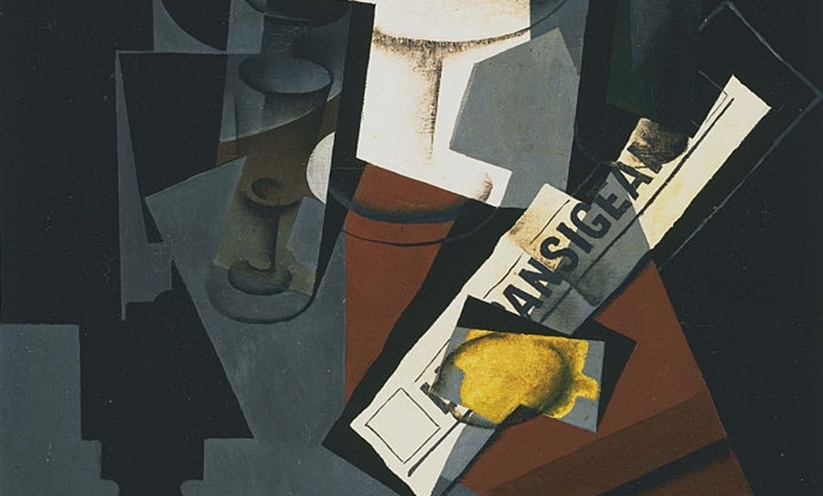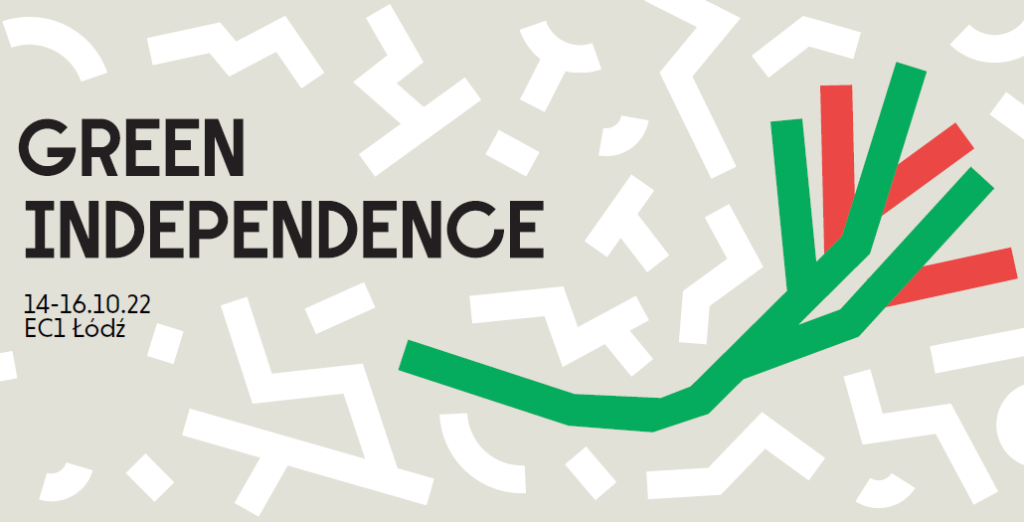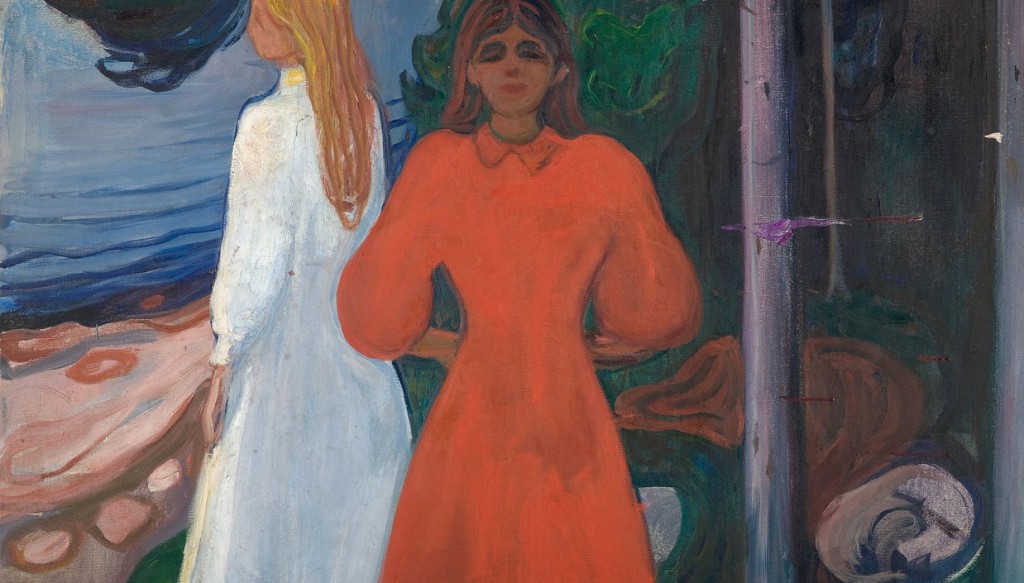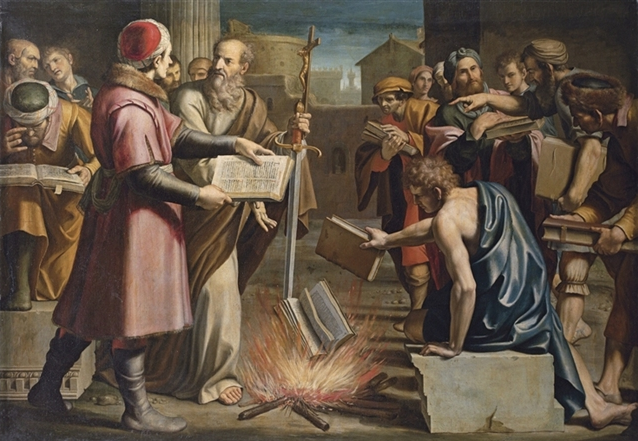
How Does Polish Ministry of Education and Science Respond to Contemporary Education Competences?
Starting in September the Polish Ministry of Education and Science will introduce a new school subject and a new school textbook. It is called \'Historia i Teraźniejszość’ (History and the Present). The author of the book is Wojciech Roszkowski. He is a historian and a former member of European Parliament. He represented the Law and Justice (PiS).



